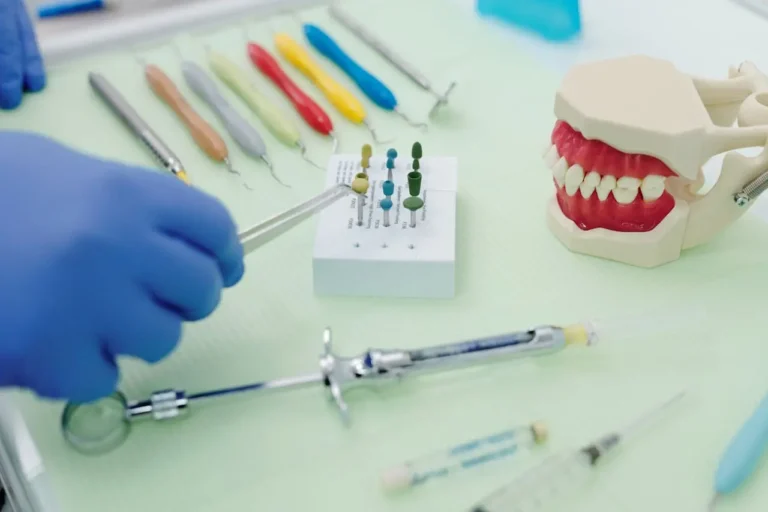
Siemens Healthineers is collaborating with over 20 industry and public partners, including seven leading stroke hospitals, to enhance stroke management across Europe. The five-year UMBRELLA project, with a total budget of €26.9 million, is partly funded by the Innovative Health Initiative (IHI), a public-private partnership between the EU and Europe’s life sciences sectors. Co-led by the Vall d’Hebron Research Institute in Barcelona and Siemens Healthineers—its largest industry contributor with a €6.7 million investment—the project involves hospitals in Belgium, Germany, Italy, the Netherlands, Spain, and Switzerland.
Key components of the project include two innovations from Siemens Healthineers. The first is a novel stroke connectivity platform aimed at bridging gaps along the acute stroke pathway and digitalizing patient data. The second is a federated data and learning platform that allows researchers to create and validate algorithms using extensive datasets securely.
In the EU, approximately 460,000 people die from strokes annually, with around 10 million living with long-term consequences. Stroke remains a leading cause of disability, exacerbated by an aging population and rising risk factors such as obesity and diabetes. UMBRELLA seeks to standardize stroke management protocols, validate them across participating clinical centers, and integrate them into European guidelines, benefiting all stroke patients. The project will also develop AI-supported algorithms for improved diagnosis and reduced time-to-treatment, aiming to prevent long-term damage.
“UMBRELLA exemplifies how technology and collaboration can enhance patient outcomes, addressing significant unmet health needs,” said Peter Schardt, Chief Technology Officer of Siemens Healthineers. “Such partnerships bolster the European innovation ecosystem, enabling achievements that single organizations cannot accomplish alone.”
Carsten Bertram, Head of Advanced Therapies at Siemens Healthineers, emphasized the goal of optimizing stroke treatment and reducing recurrence through digitalization and advanced imaging.
The connectivity platform will improve communication between paramedics and stroke hospitals, reducing treatment delays for acute stroke patients. It will facilitate the streamlined exchange of critical information such as patient demographics, vital signs, and CT images, while also digitalizing patient data not currently recorded in stroke registries.
The federated data and learning platform will establish data repositories with harmonized real-world data from participating hospitals, enabling decentralized training and validation of AI algorithms. This approach maintains patient privacy while fulfilling regional data compliance requirements, allowing researchers to develop precise stroke diagnosis tools, personalized treatment strategies, and recurrence predictions.




